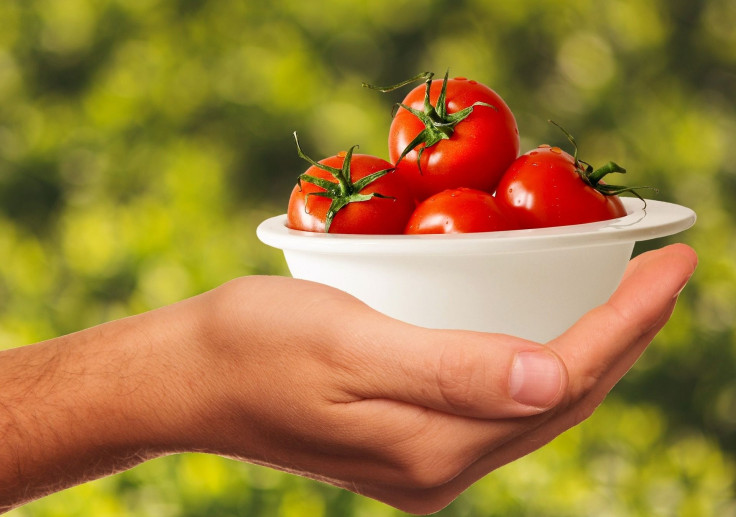What Makes Food Natural? Consumers Don't Have A Good Definition, But They Care A Lot

There’s no shortage of food and health stores claiming to be natural, but what exactly makes that cereal all-natural?
According to Michael Siegrist, professor for consumer behavior in Switzerland and author of a new study, consumers don't really have a good definition for natural, but they care a lot about whether food has this quality, and products marketed as natural will be more successful and popular.
“The importance of naturalness for foodstuffs is of great practical relevance, yet it has never been the subject of in-depth research,” he said in a release. Siegrist and his colleagues note that one major area that needs to be observed is the extent to which goods are perceived to be natural. The other area of interest is what the word natural even means to people.
Read: What Is Yohimbe: Sleep Apnea Patients May Find Relief In All-Natural Aphrodisiac
The team of scientists selected 72 articles and measured the term based on three areas, including how the product was grown, how the product had been processed, the extent of processing, and if the item appeared to be natural. The studies analyzed were conducted in wealthy countries in Europe, Asia and America, which may have skewed the results. However, the team found that simply thinking a product was natural made it more popular.
“It’s notable that all the studies conclude that popularity among a majority of consumers is closely linked to how natural a product is perceived as being. This was true for 85,000 participants from 32 different countries across a period of around 20 years,” Siegrist said in the release.
The study also indicated that older people and women cared about how natural an item was compared to younger adults and men. Not surprisingly, those who opt for organic products also think that natural foods are more important. Consumers focused on sustainable and healthy products also looked for natural foods. Further, those who find natural products important tended to have a more negative attitude about technology used when processing foods.
“Even though human perception is clearly subject to certain distortions, the key role that authenticity plays in the acceptance of foodstuffs is a fact,” said Siegrist. “This means that products which are perceived as artificial will not be accepted by consumers in future either.”
While many agree moderation is key, there are some foods that are seemingly so unnatural that it’s better off not eating them. Prevention offers up a list of 19 foods that aren’t really food. Included in the list of things not to eat are common items: Easy Cheese, Miracle Whip, Vanilla Wafers, cream cookies, caramel syrup, and whipped topping.
As Business Insider reports, food fraud is a $50 billion industry, and there are some items that you are buying that aren’t exactly what they seem. According to the article, about 99 percent of wasabi is fake and a mix of horseradish, hot mustard and green dye. Lobster is another common food fraud as langostino and whiting are often substituted.
See Also:
New Study Says Acupuncture Could Be Viable Alternative To Pain Medication
The Dark Side Of Vegetables: Which To Eat And Which To Pass Up



























